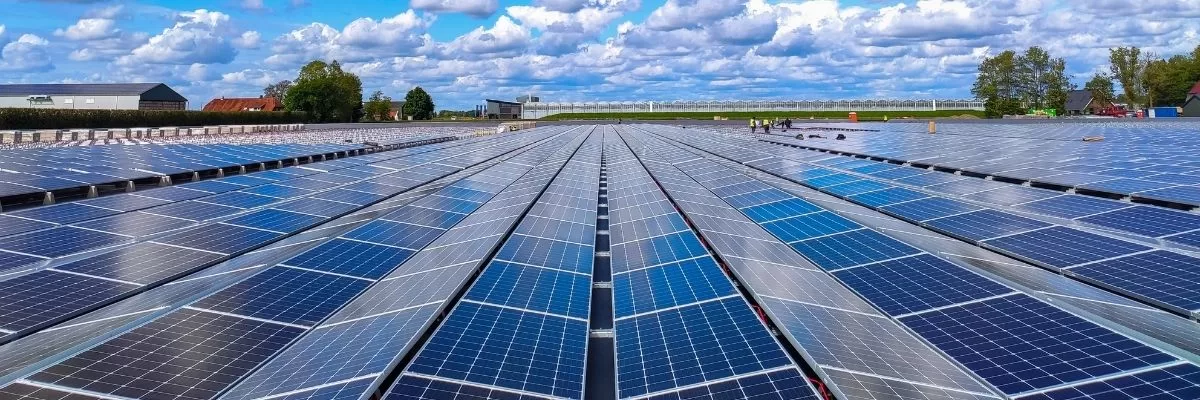The Bright Side of Solar Energy: Illuminating the Benefits of Solar Panel Energy Production
In an era where sustainability and environmental consciousness are at the forefront of global discussions, the harnessing of solar energy stands as a beacon of hope. Solar panels, often seen adorning rooftops or spanning across vast fields, are not just a modern technological innovation; they represent a significant stride towards a cleaner, more sustainable future. The benefits they offer extend far beyond just producing energy—they embody a shift towards a more sustainable and eco-friendly energy landscape.

Renewable and Abundant Energy Source
At the core of the advantages of solar panel energy production lies its renewable nature. Unlike finite fossil fuels, solar energy is an abundant resource. The sun, a massive and perpetual energy source, provides an endless supply of clean energy. As long as the sun continues to shine, solar panels have the potential to generate electricity, making it a reliable and sustainable source of power.
Environmental Friendliness
One of the most compelling aspects of solar energy is its minimal environmental impact. Solar power systems produce no greenhouse gas emissions, reducing the carbon footprint significantly. This results in cleaner air, water, and overall environmental health, mitigating the adverse effects of traditional energy production methods. By reducing reliance on fossil fuels, solar energy helps combat climate change and contributes to a healthier planet.
Energy Independence and Security
The decentralization of energy production through solar panels offers increased energy independence. Rather than relying solely on centralized power grids, solar energy empowers individuals, communities, and even entire nations to generate their own electricity. This independence enhances energy security, reducing vulnerability to disruptions in the supply chain, geopolitical conflicts, or natural disasters that might affect traditional energy sources.
Financial Benefits
While the initial investment in solar panels may seem daunting, the long-term financial benefits cannot be overstated. Once installed, solar panels can lead to substantial cost savings on electricity bills. In many cases, excess energy generated can be sold back to the grid, providing an additional source of income for homeowners or businesses. Furthermore, various government incentives, tax credits, and rebates encourage the adoption of solar energy, making it an economically viable choice.
Job Creation and Economic Growth
The solar industry is a significant contributor to job creation and economic growth. The installation, maintenance, and manufacturing of solar panels create employment opportunities across various skill sets. As the demand for renewable energy continues to rise, this industry growth is expected to fuel economic development and innovation.
Versatility and Adaptability
Solar panels are incredibly versatile and adaptable. They can be installed in various locations, from urban settings to remote areas, making them accessible and applicable across diverse landscapes. Moreover, advancements in technology have led to the development of solar panels that are more efficient and visually appealing, further increasing their versatility and integration into different architectural designs.
In conclusion, the integration of ergonomic school furniture represents a significant stride toward creating dynamic, supportive, and forward-thinking learning environments. By prioritizing the well-being of both students and educators, these designs contribute to a positive educational experience that extends beyond the classroom.
Investing in ergonomic school furniture is an investment in the future of education – a future where comfort, health, and learning excellence coexist seamlessly.
Solar energy production through the use of solar panels represents a transformative force in the quest for a sustainable future. With benefits spanning environmental, economic, and social realms, the adoption of solar power continues to grow worldwide. As technology advances and costs decrease, the potential for solar energy to become a primary source of power becomes increasingly promising.
In essence, solar panels not only offer a brighter, cleaner future but also illuminate the path towards a more sustainable world for generations to come.